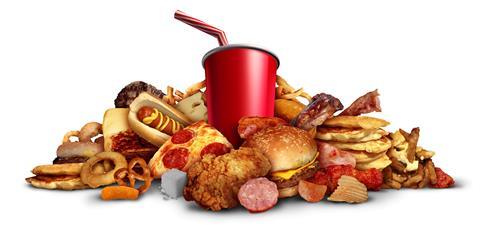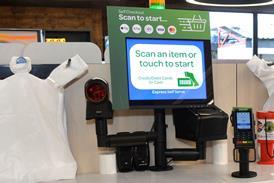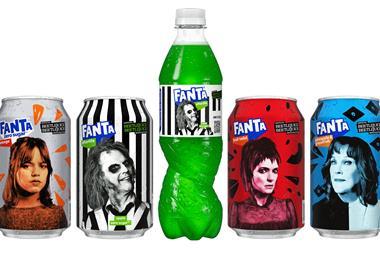
How much ultra-processed food do you sell? If you don’t know exactly, I would suggest it’s a lot. But don’t worry, I’m not here to admonish you for this, I’m just thinking about this latest stick with which we can beat ourselves.
And it’s got to be a French stick because bread has been denounced as ultra-processed and therefore bad for you – unless it’s bought from an artisan bakery and costs at least a fiver a loaf.
‘I don’t touch ultra-processed food’ is the latest mantra for many consumers, typically the type of consumer who has never stepped foot in a McDonald’s. Of course there’s nothing wrong with that, it’s just a tad irritating!
The list of ultra-processed foods includes carbonated and energy drinks, baked beans, confectionery, ice cream, cakes, crisps, cereals, fruit yogurts, sausages and burgers. All the things that are delicious but best eaten in moderation.
Interestingly, ultra-processed foods also include vegan meat and cheese alternatives – you know, the products that we are all meant to be eating more of instead of real meat and cheese.
The term ‘ultra-processed food’ comes from the NOVA food classification system, which was created by academics at the University of Sao Paulo in Brazil in 2016. It categorises food according to the extent and purpose of food processing, rather than its nutrients – which explains a lot.
So you sell a lot of ultra-processed food, so what? That’s what your customers want. However, your chillers and shelves will also carry unprocessed or minimally processed foods – think fruit, veg, milk, eggs and fish. So your shoppers have a choice. They can reach for a banana or a banana muffin, an apple or an apple turnover.
Survey after survey finds that people want healthier options but in real life, many of those people when faced with the choice of a hot sausage roll or a bag of carrot sticks and some houmous will go for the sausage roll.
The irony of all this ultra-processed talk is that a report, in 2022 by Florida Atlantic University, found that eating lots of ultra-processed foods had a negative impact on mental health and specifically led to anxiety. However, today worries about eating ultra-processed foods have led to anxiety in some consumers. You couldn’t make it up!






















